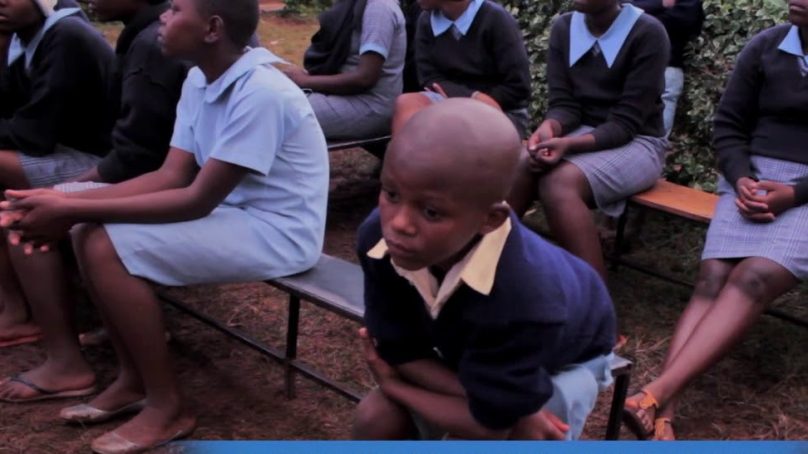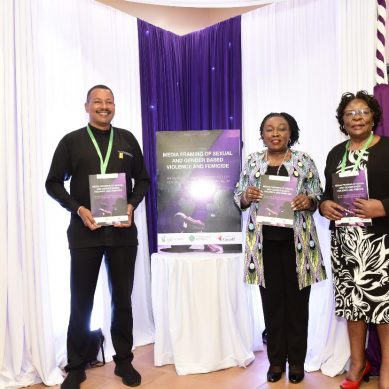
Dozens of children in remand are finding hope and dignity in a criminal justice system that once threatened to ostracise them and blur their future following implementation of the Children Act, 2022.
The Children Act, 2022, is a law that is transforming how Kenya handles minors in conflict with the law by prioritizing care, rehabilitation and legal protection.
At the centre of this paradigm shift is Murang’a Children’s Remand Home, a statutory institution that provides safe custody for children from Murang’a, Kirinyaga and Embu counties with pending court cases.
During an interview at the facility, Manager James Osoro, explained that the home receives children from courts across the three counties and ensures their rights and well-being are protected throughout the judicial process.
“Our role is to ensure the children are cared for as they await the outcome of their cases,” Osoro said. “We’ve also embraced online court systems that have helped speed up hearings and reduce delays.”
The remand home currently houses 36 children; 34 boys and two girls most of whom were arrested for minor offences such as theft. Child offenders at the home follow a structured daily routine that includes cleaning, meals, spiritual programs, and technical skills training in areas like weaving and beading.
The Children Act, 2022 brought major reforms to the juvenile justice system, emphasising non-custodial sentences and a restorative approach. “Children are no longer subjected to the same punitive measures as adults,” Osoro said adding: “Instead, the law allows for probation, release to parents with reprimand, or placement in rehabilitation institutions, limited to a maximum of three years.”
The facility works closely with probation officers, local administrators, and religious organisations like the Catholic Diocese of Murang’a among others which provide counselling, spiritual support and emotional care, often at no cost.
Despite its positive impact, the home faces several challenges, including staff shortages, limited resources, prolonged court processes and negative community attitudes.
Osoro noted that some children face rejection from their families or communities after release and the facility strives to place them in more supportive environments where they can continue their healing and education.
Phoebe Wachira, a child welfare officer, said their work goes beyond professional duty because it is deeply personal.
“We do this as mothers would. A child is like a blank book. If they grow up surrounded by negativity, that’s what they’ll reflect. Here, we’re trying to rewrite their story,” Ms Wachira said.
The Children Act, 2022, which replaced the outdated 2001 law, aligns with the 2010 Constitution and international standards for child protection. It introduced child-friendly courts, alternative dispute resolution and guarantees that children can participate in decisions affecting them.
The law also emphasises parental involvement. At the Murang’a Remand Home, families are allowed to visit daily, reinforcing bonds that are essential for reintegration and long-term stability.
As Kenya rolls out this law across the country, the experience at the Murang’a Children’s Remand Home offers a powerful example of what a more humane, rehabilitative and protective juvenile justice system can look like.
For many of these children, it’s not just a place of custody, it is a place of healing, transformation and second chances.
- A Tell Media / KNA report / By Purity Mugo and Amani Kutti







